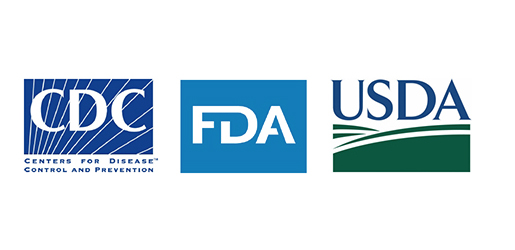Frank Yiannas, former FDA Deputy Commissioner for Food Policy and Response, has been appointed to Chipotle Mexican Grill’s Food Safety Advisory Council, a group of independent experts commissioned to ensure Chipotle’s food safety standards continue to evolve and serve as best practices for the restaurant industry.
Chipotle established the Food Safety Advisory Council in 2016 to complement the company’s internal food safety team in pursuit of continuous improvement and performance excellence. Yiannas joins fellow industry experts David Acheson, M.D., former FDA Associate Commissioner of Foods; Elisabeth Hagen, M.D., former USDA Under Secretary for Food Safety; Hal King, Ph.D., former CDC Research Scientist and Director of Food Safety with Chick-fil-A; and James Marsden, Ph. D., former Head of Food Safety at Chipotle and distinguished professor.
“In order to make sure our food safety culture and programs are as robust as possible, it’s critical to supplement our internal expertise with independent external guidance,” said Kerry Bridges, Vice President of Food Safety at Chipotle. “Frank’s vast experience with the FDA and other large brands will help guarantee Chipotle’s food safety standards continue to be best-in-class.”
Yiannas most recently served under two administrations as the Deputy Commissioner for Food Policy and Response at the FDA, a position he held from 2018 to 2023, after spending 30 years in leadership roles with Walmart and the Walt Disney Company.
Throughout his career, Yiannas has been recognized for his role in strengthening food safety standards in new and innovative ways, as well as building effective food safety management systems based on modern, science-based, and tech-enabled prevention principles.
“I’m delighted to join and collaborate with some of the nation’s foremost food safety authorities and serve on Chipotle’s Food Safety Advisory Council,” said Yiannas. “I look forward to lending my experience to a company committed to ‘cultivating a better world’ that benefits people and the planet.”





















